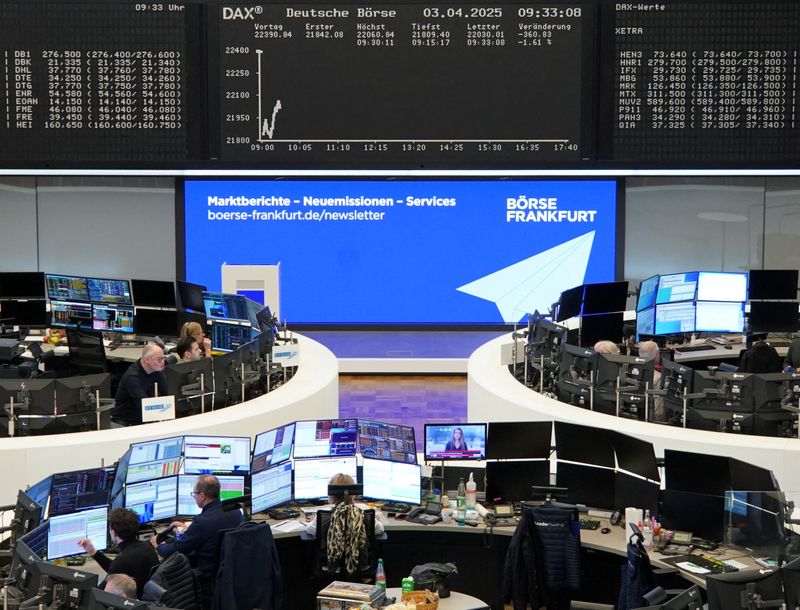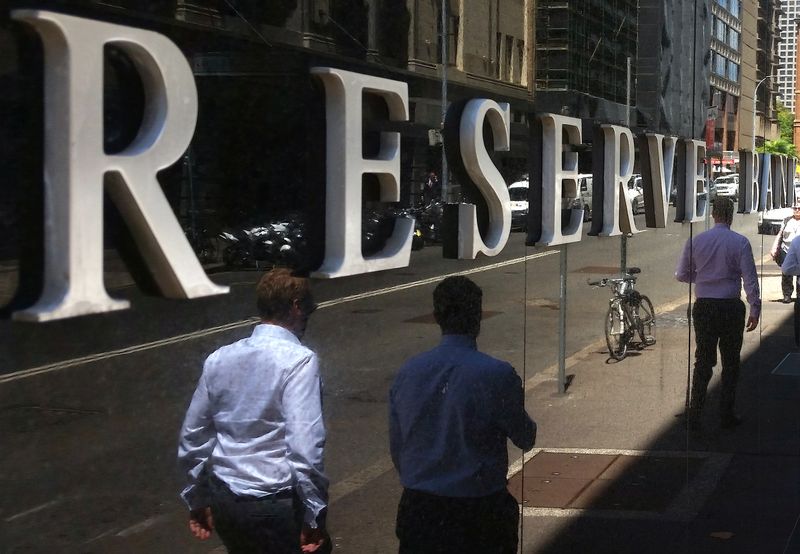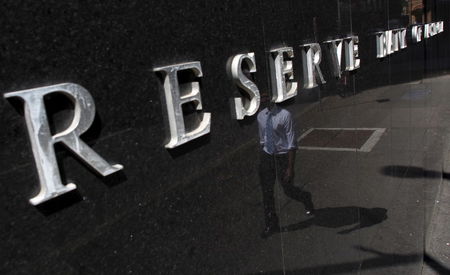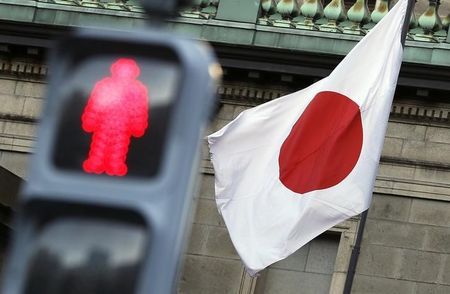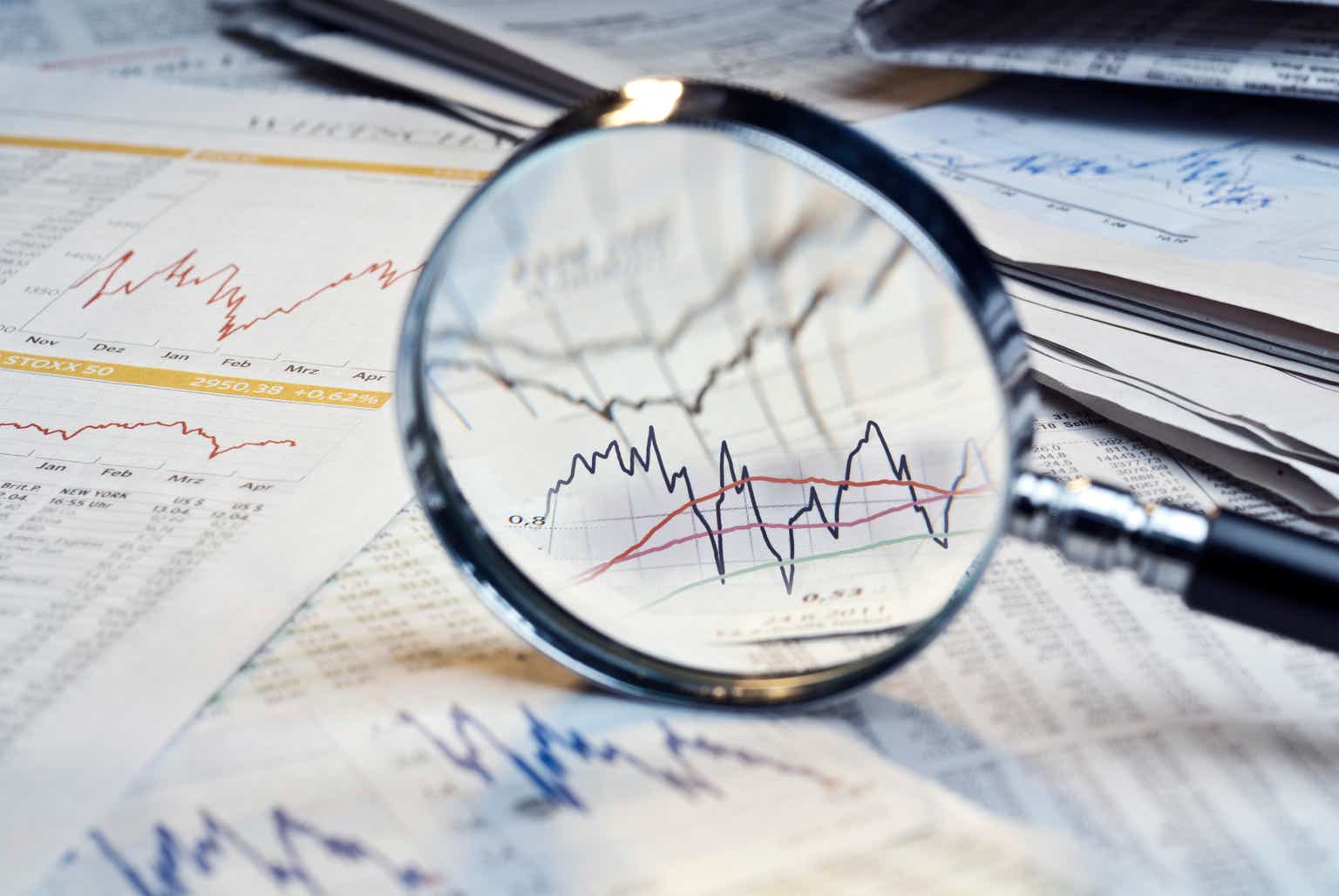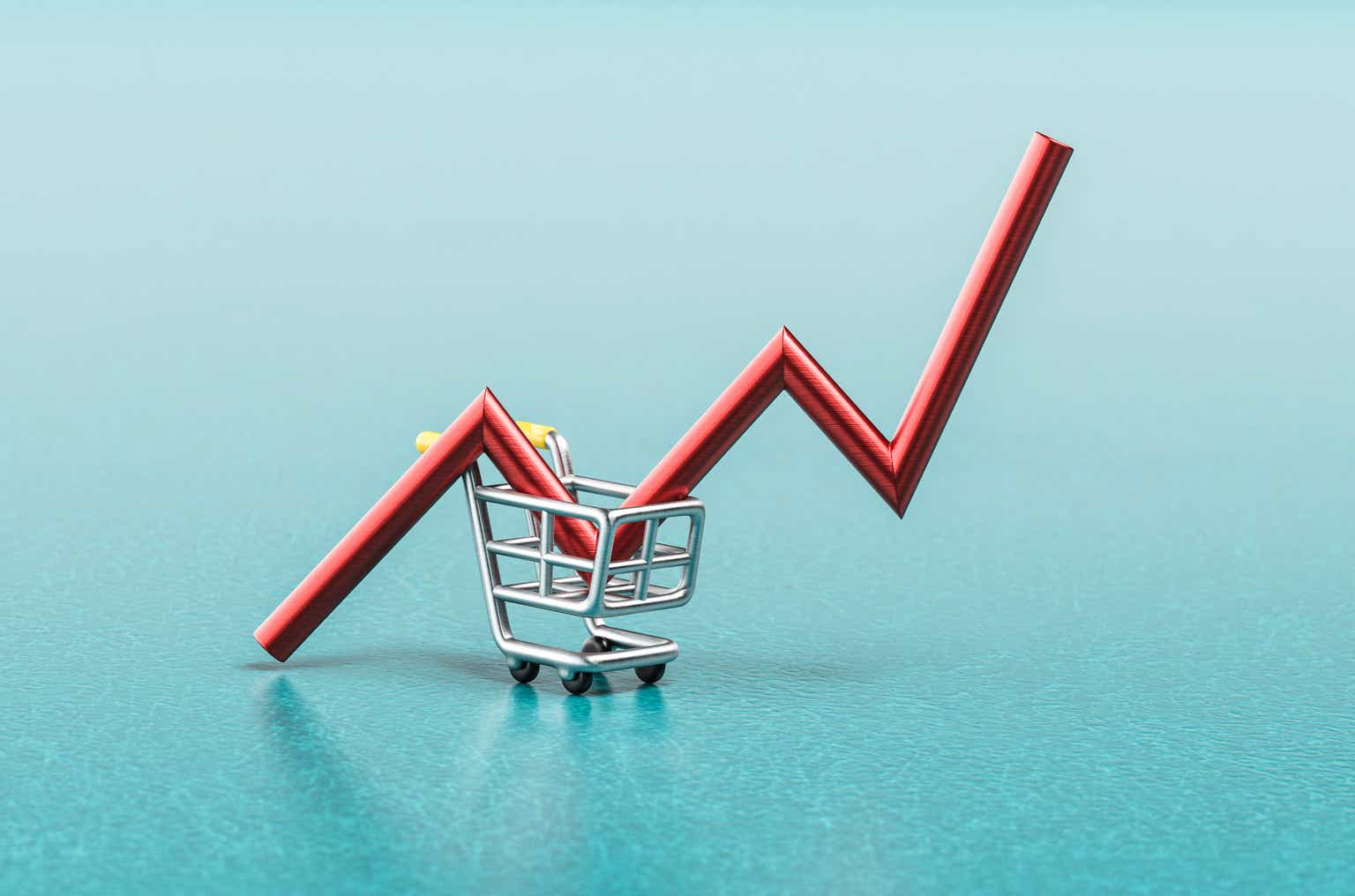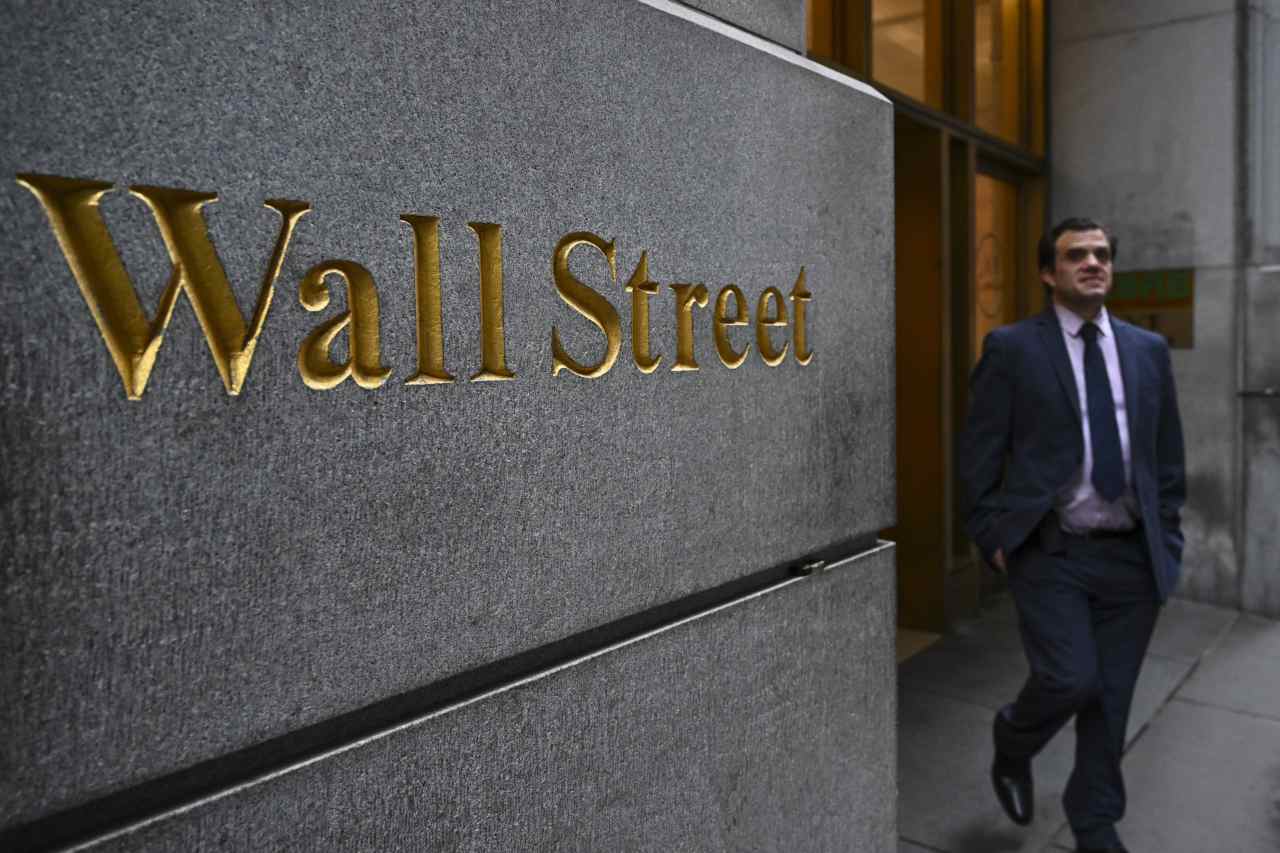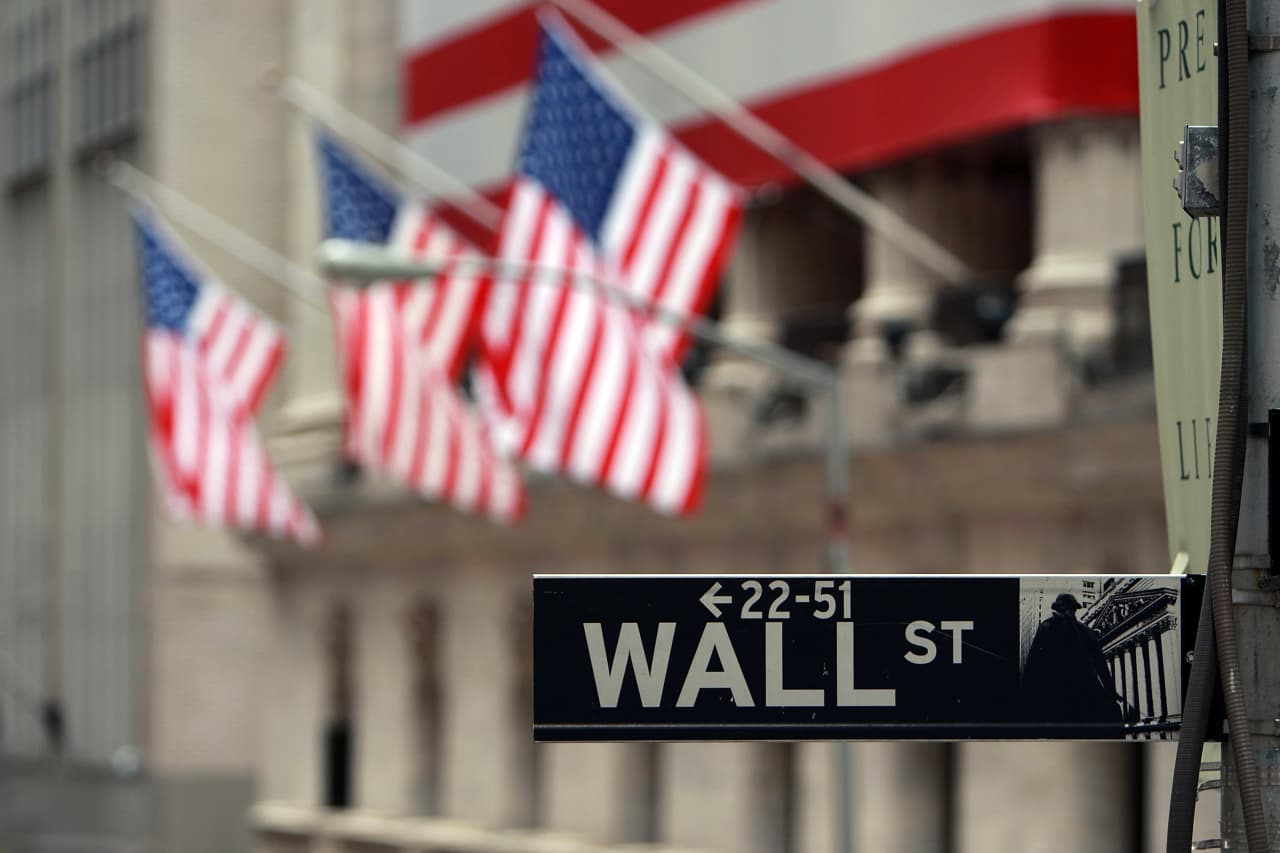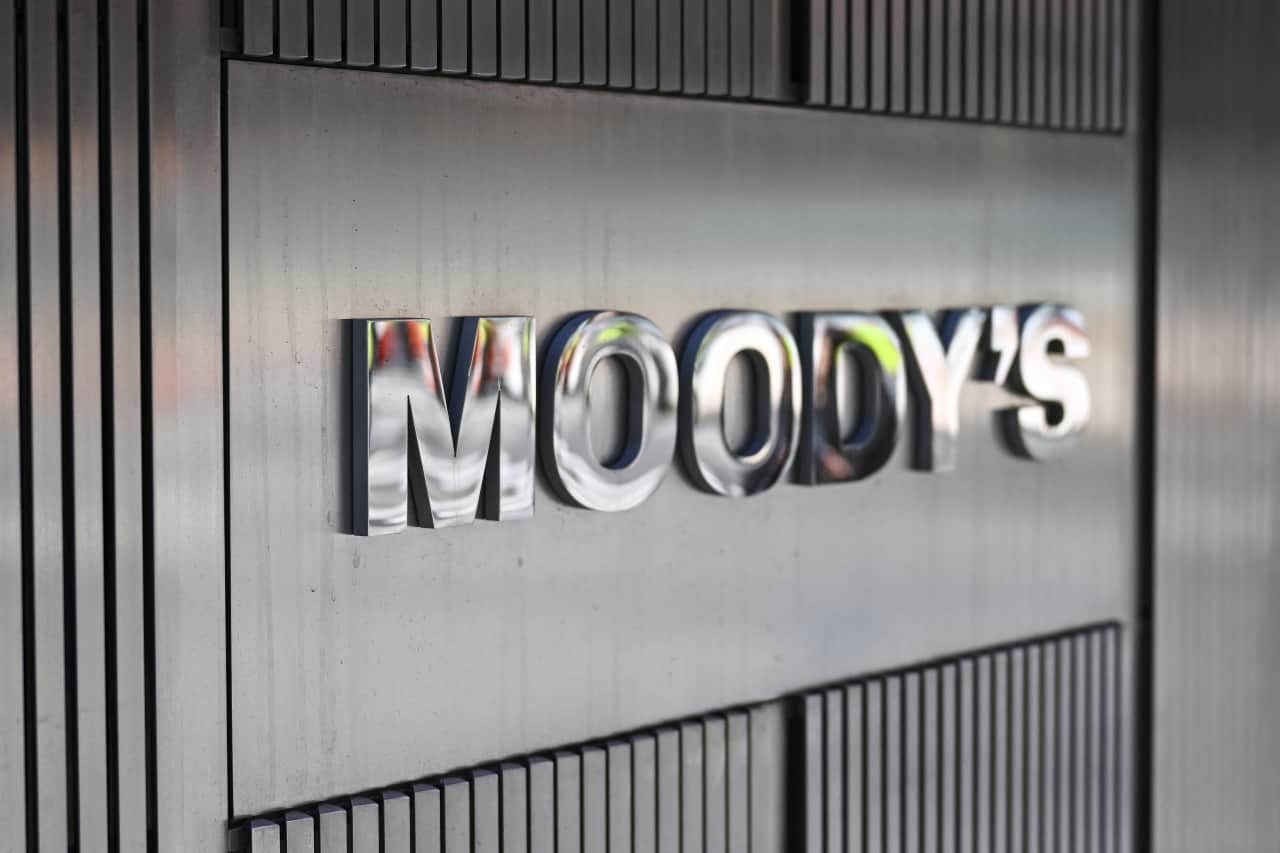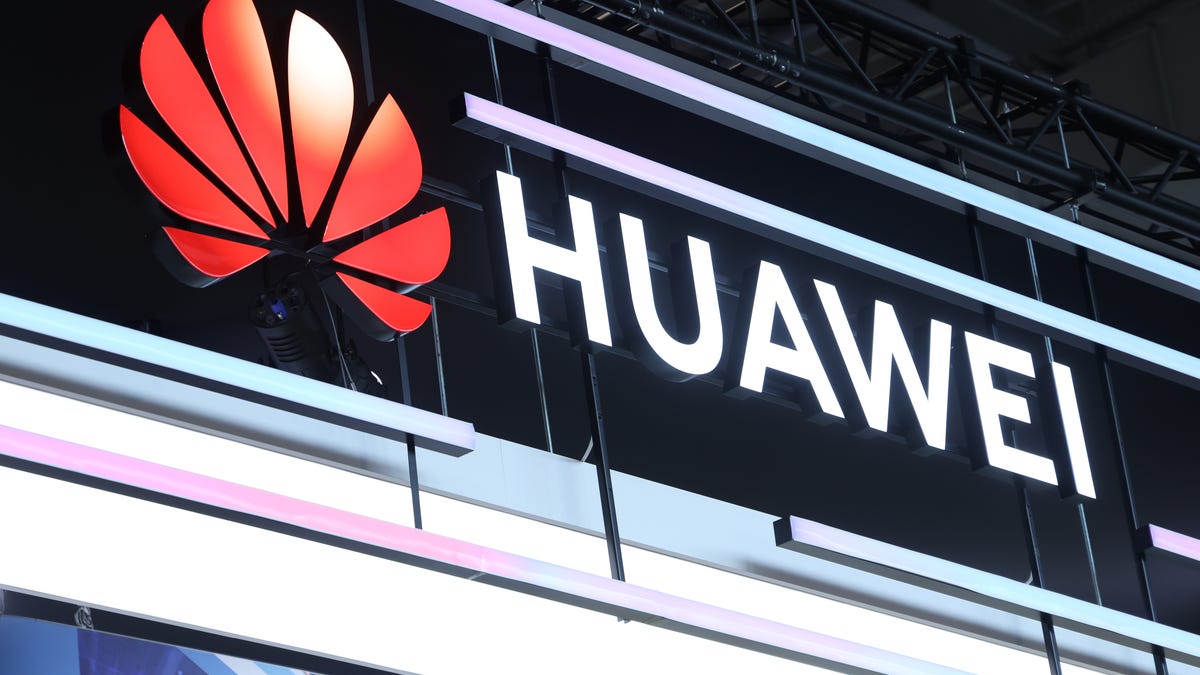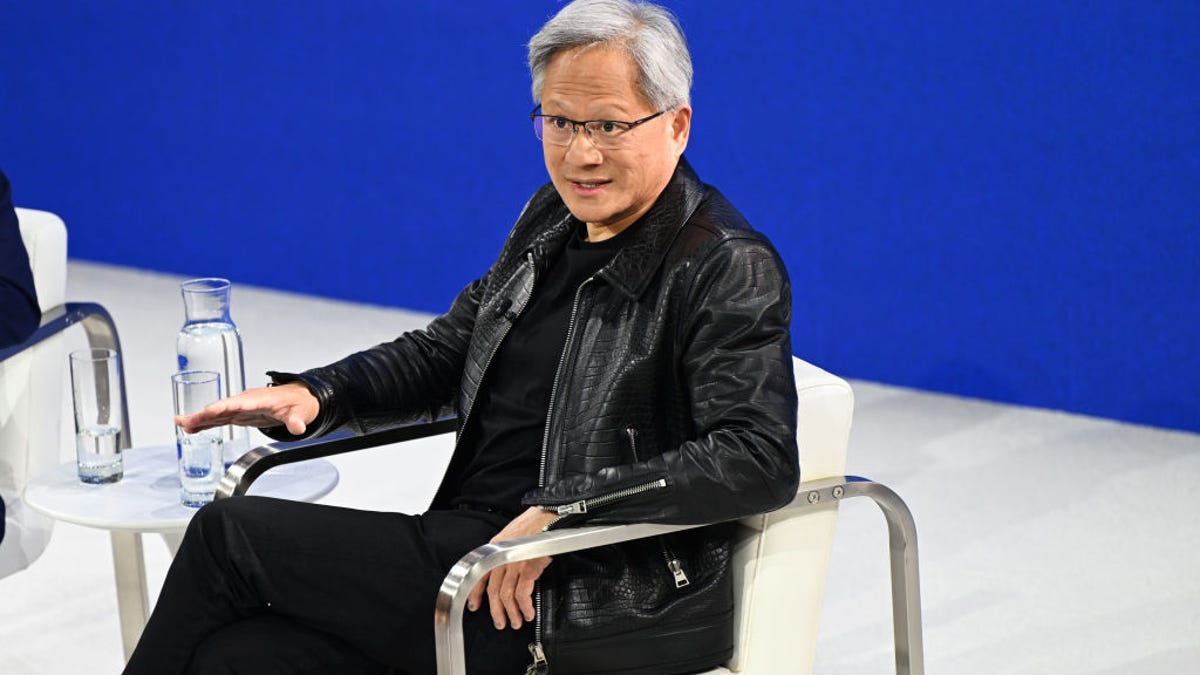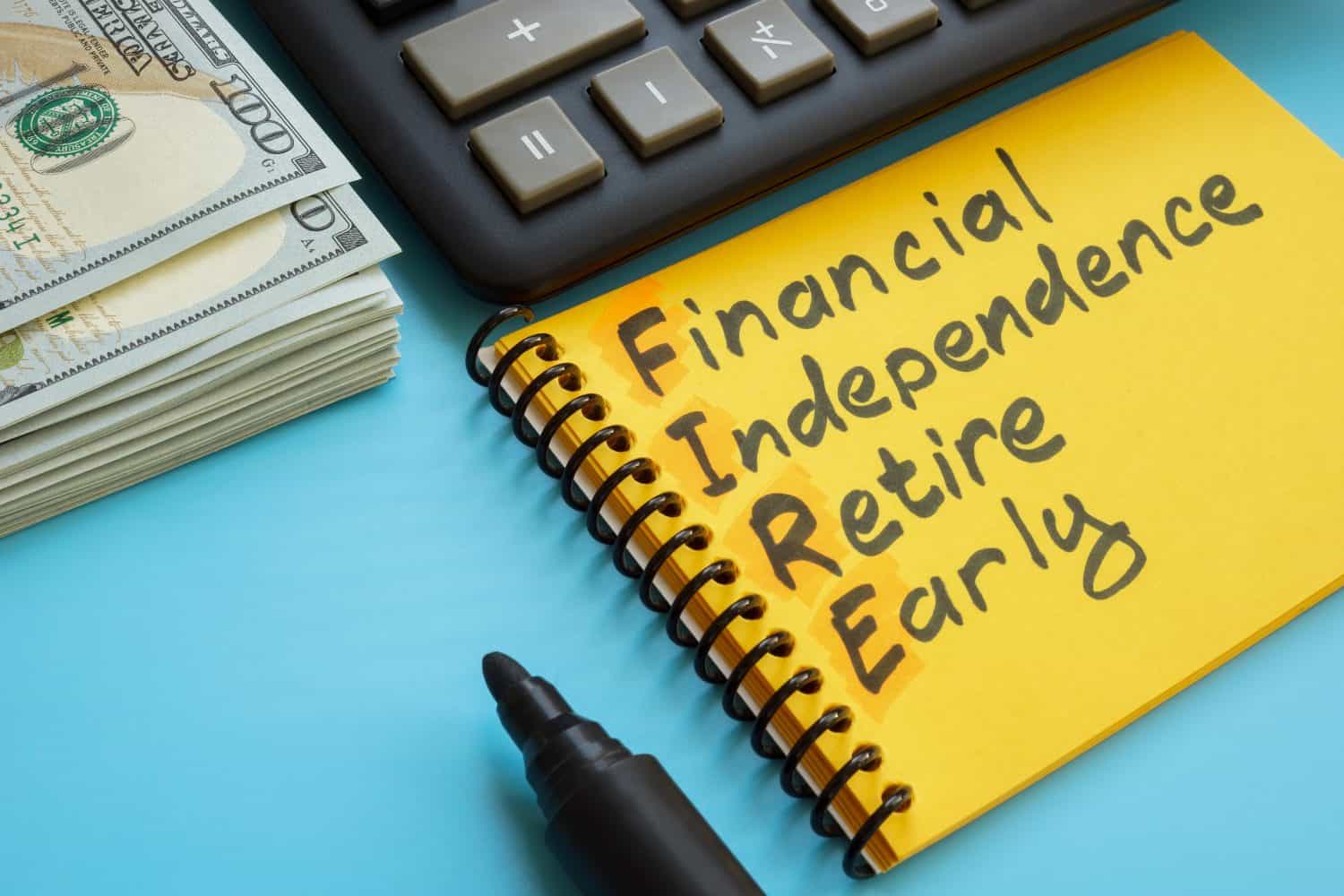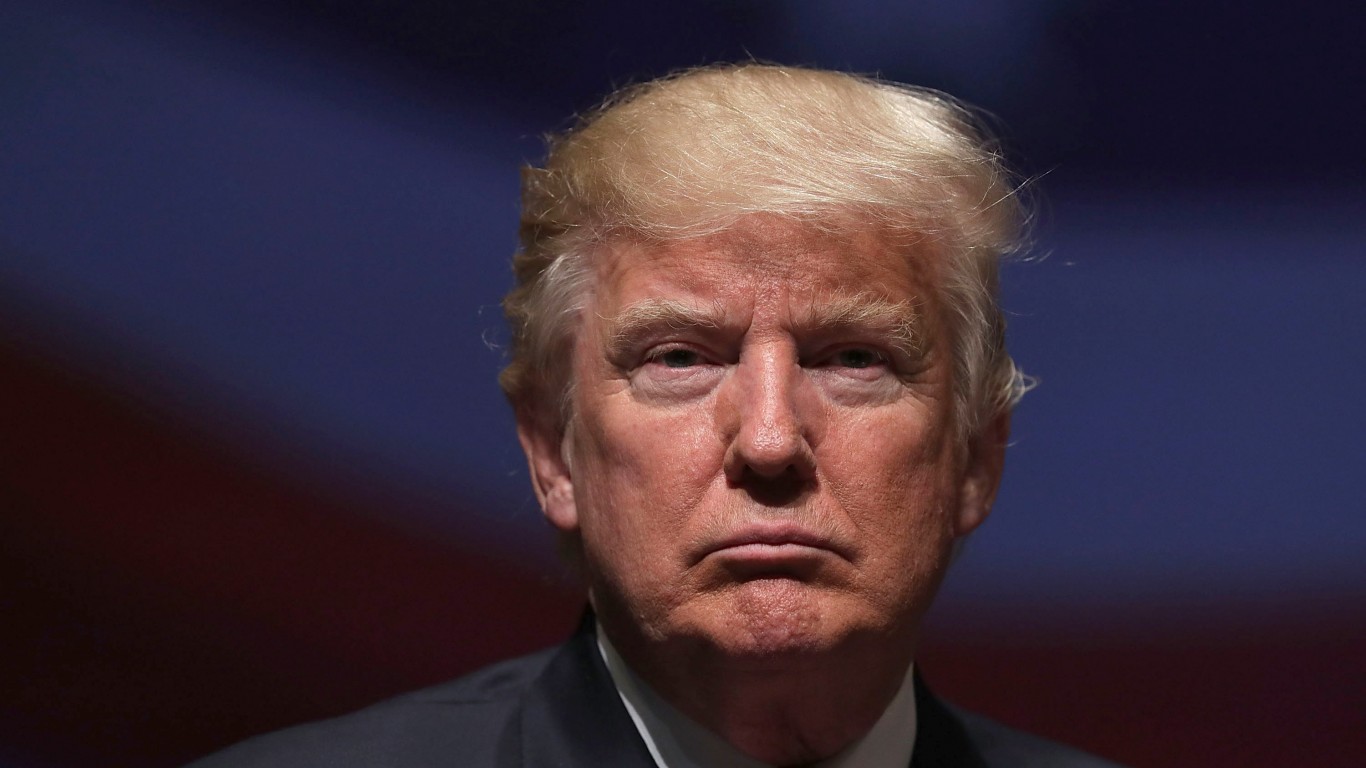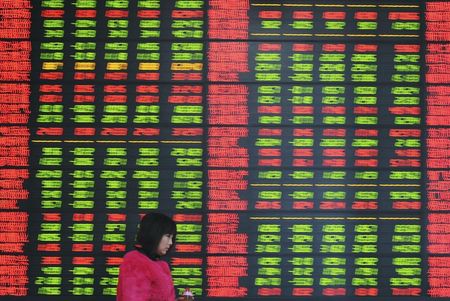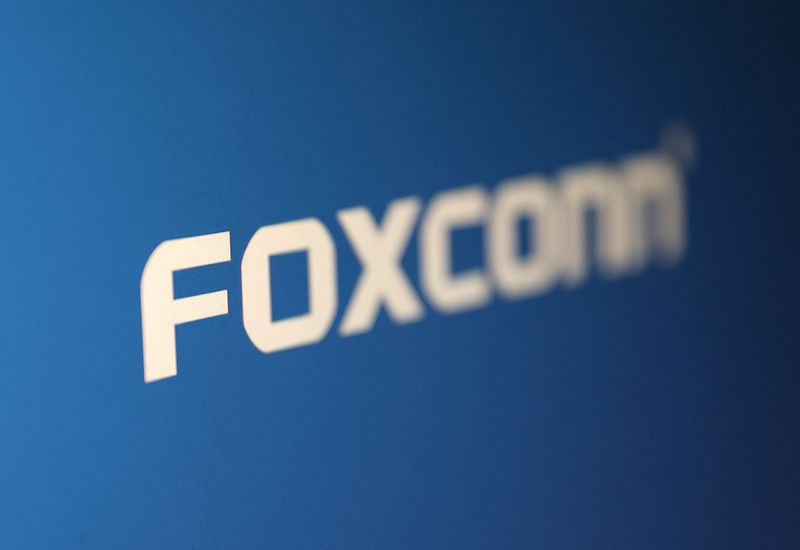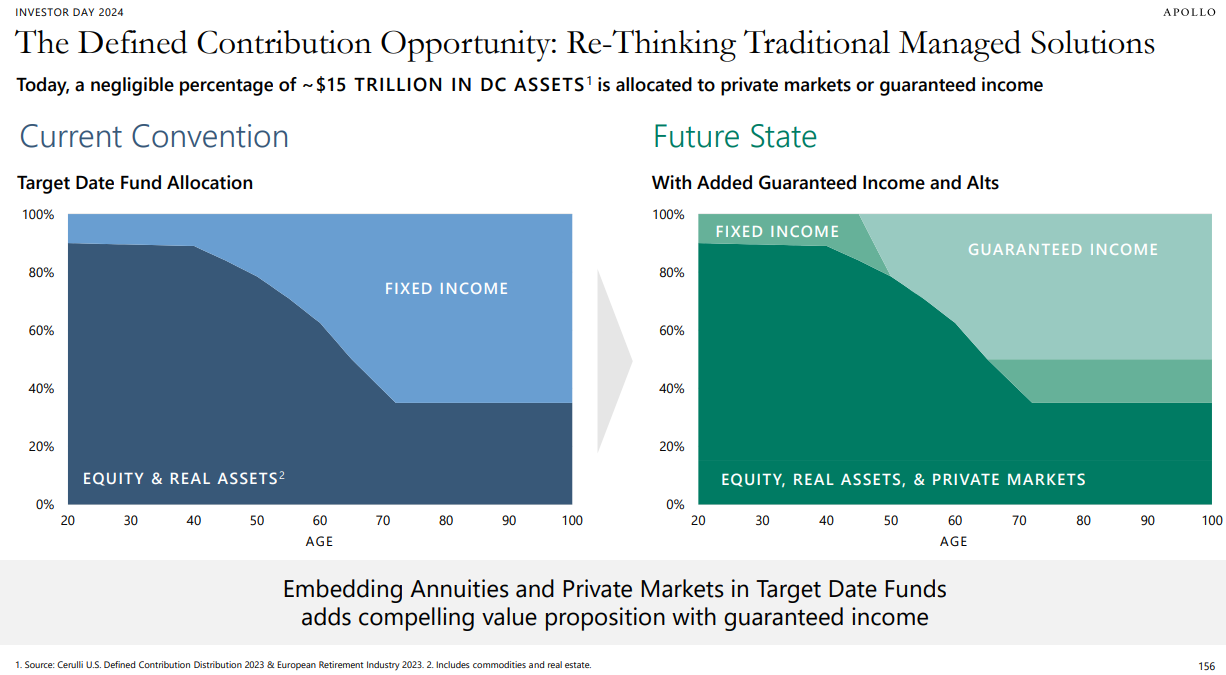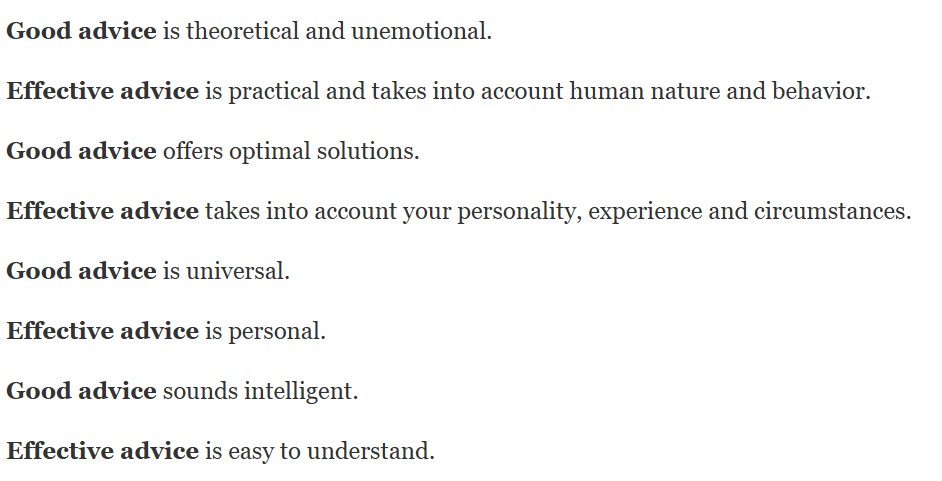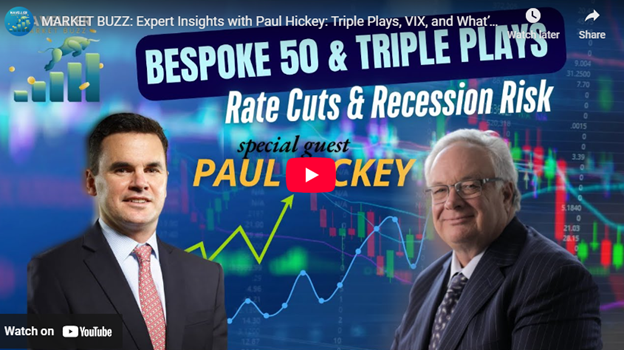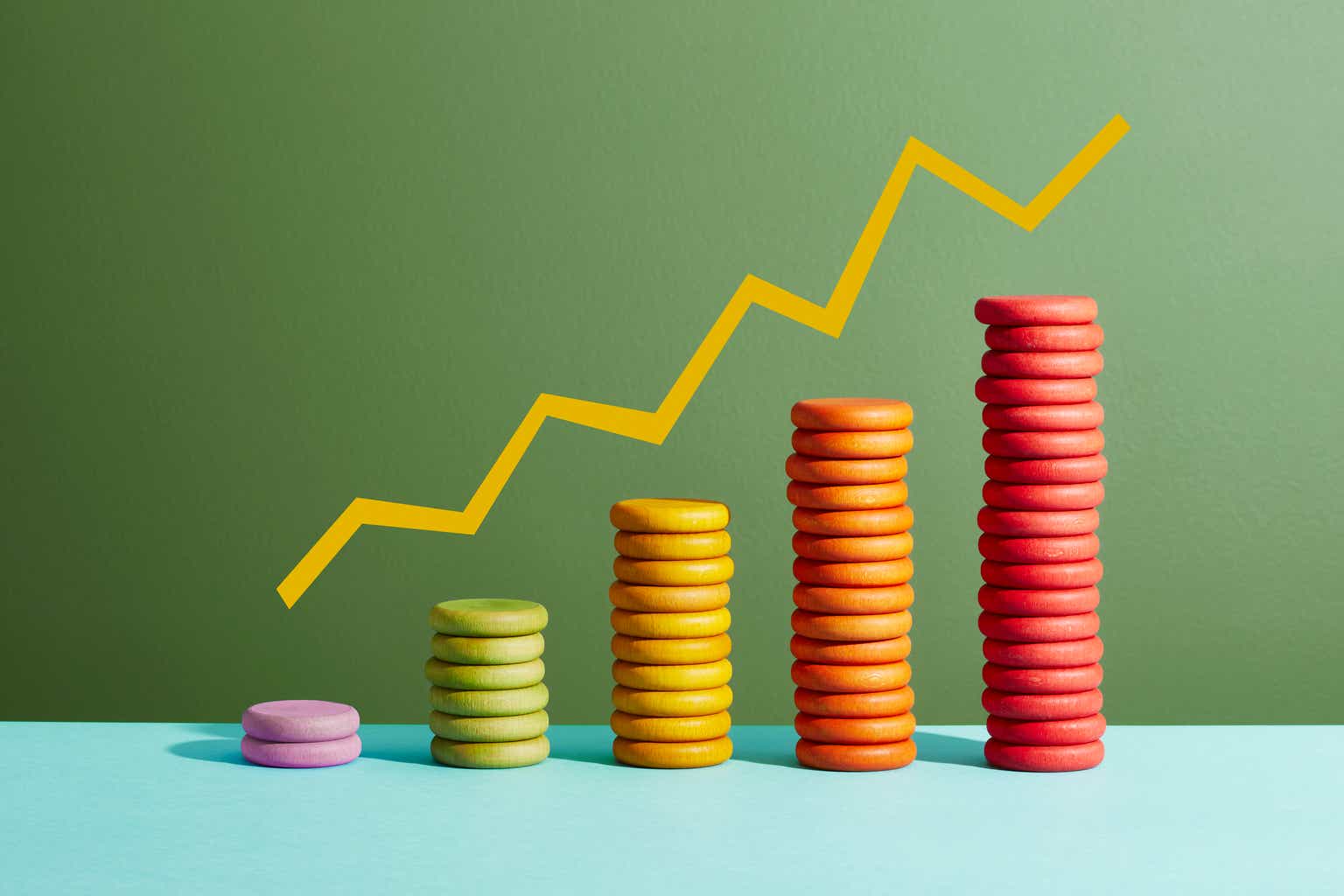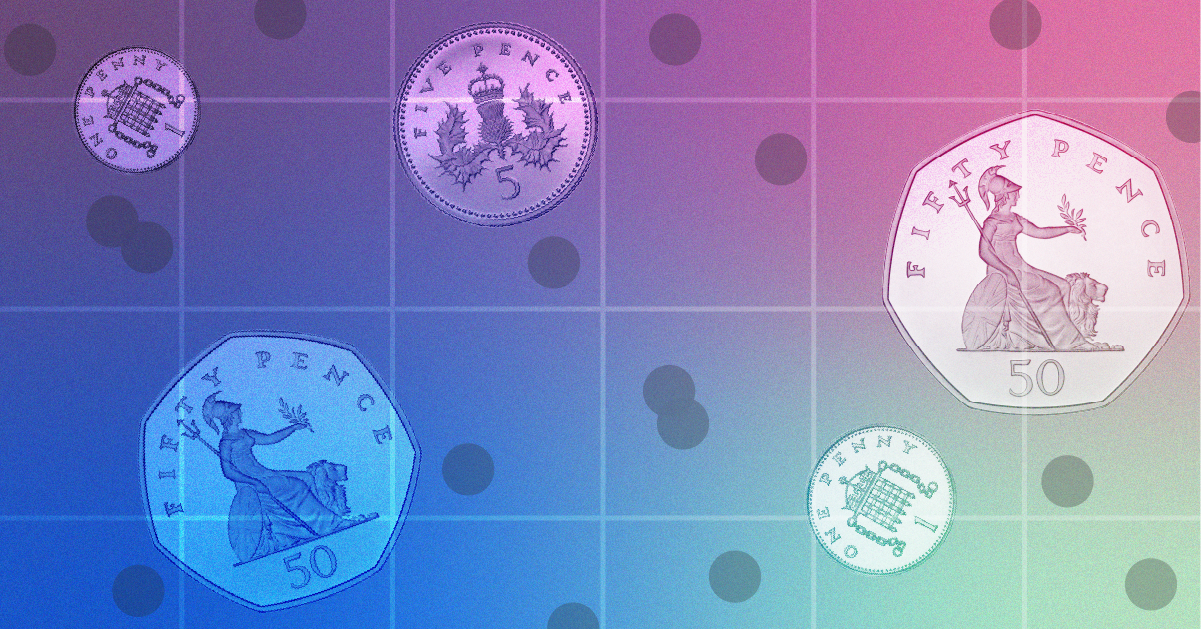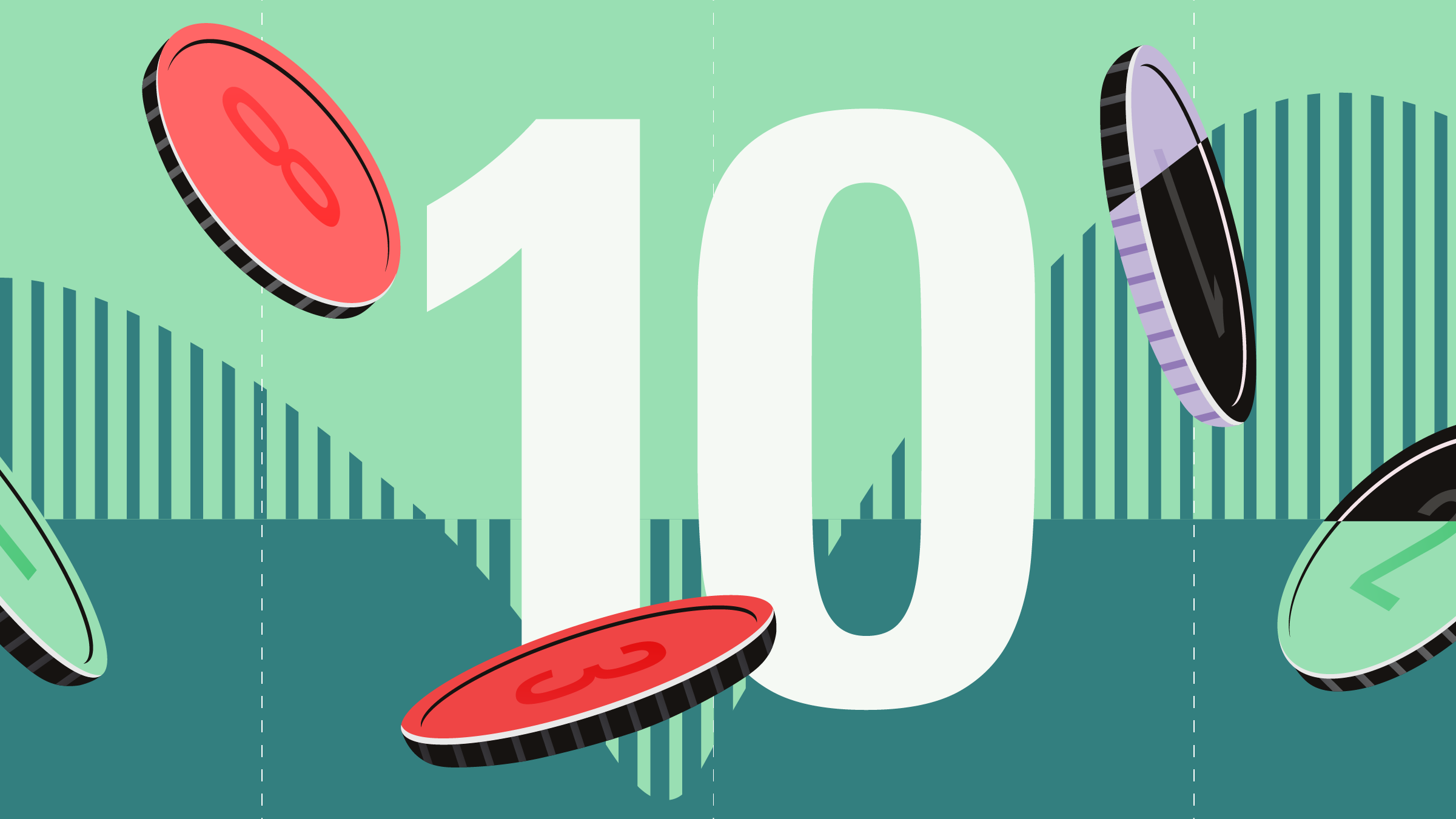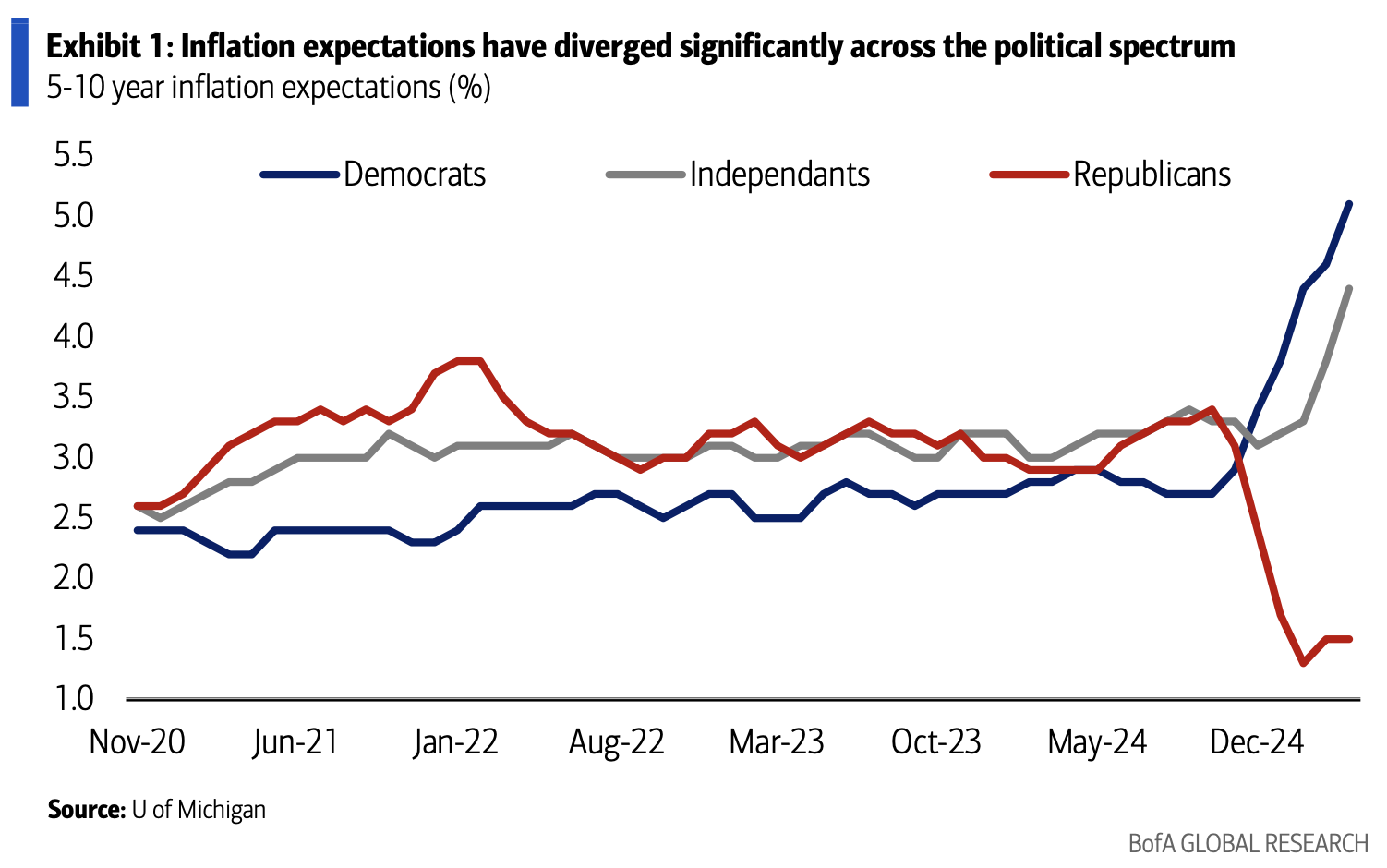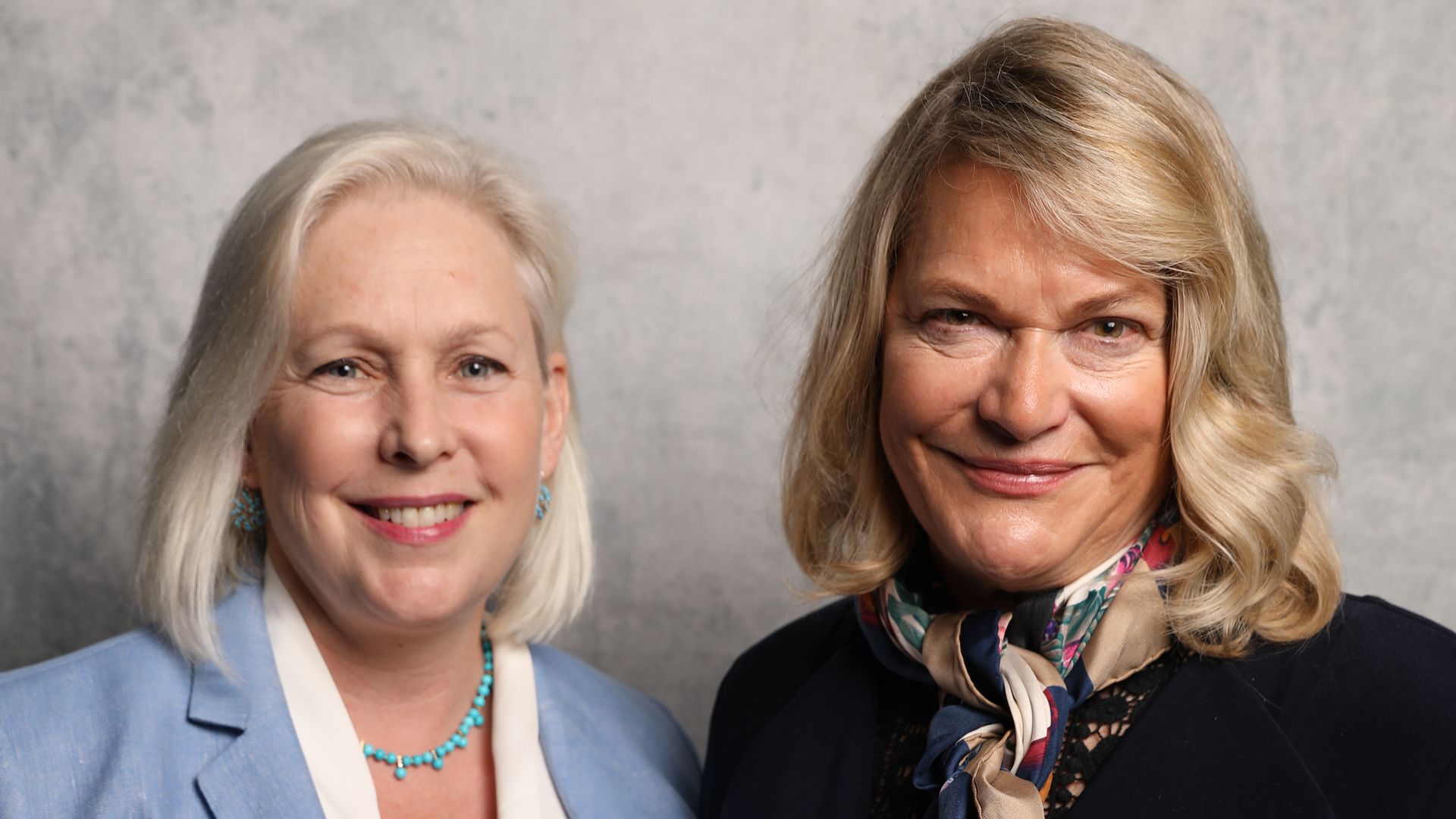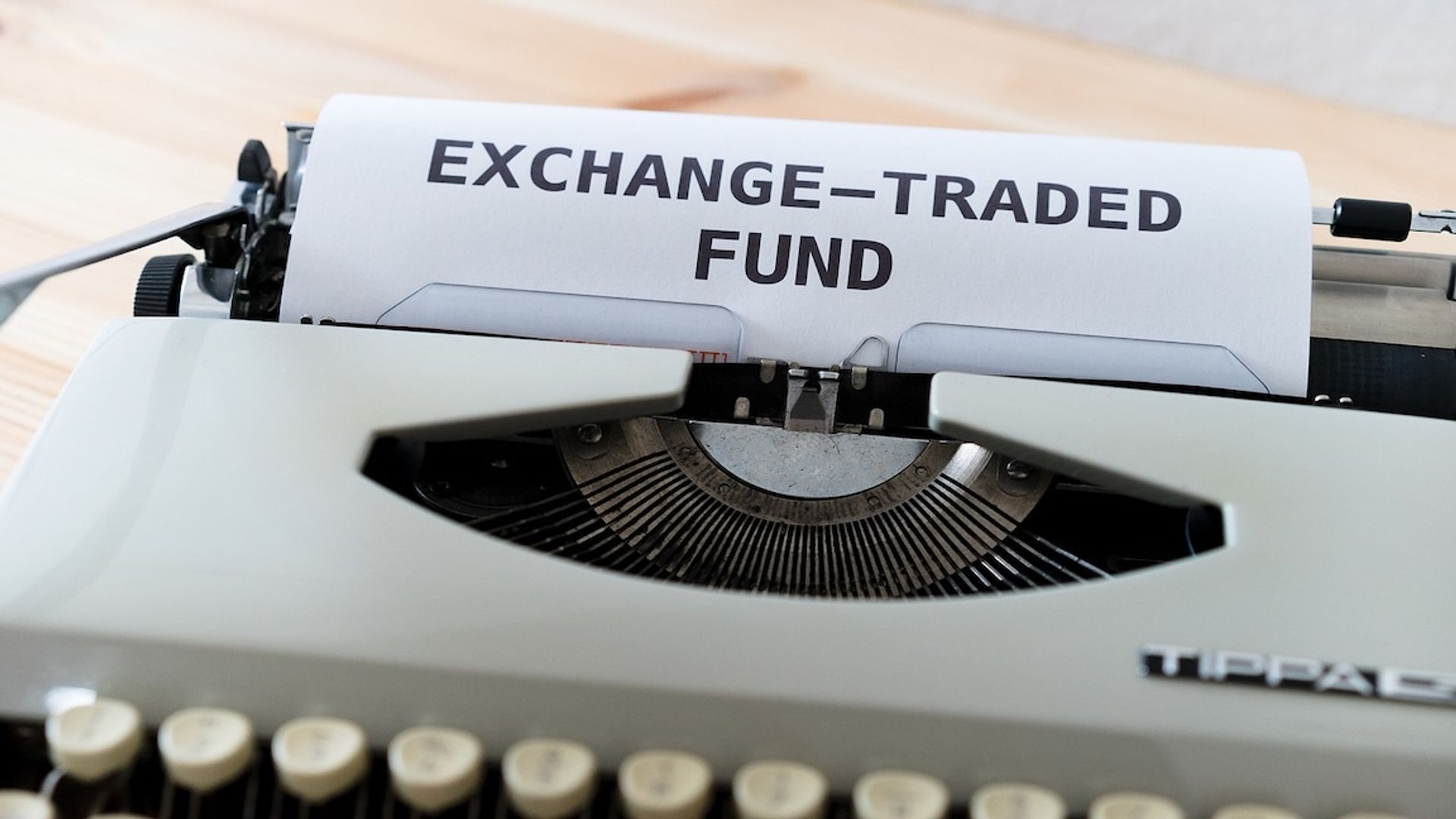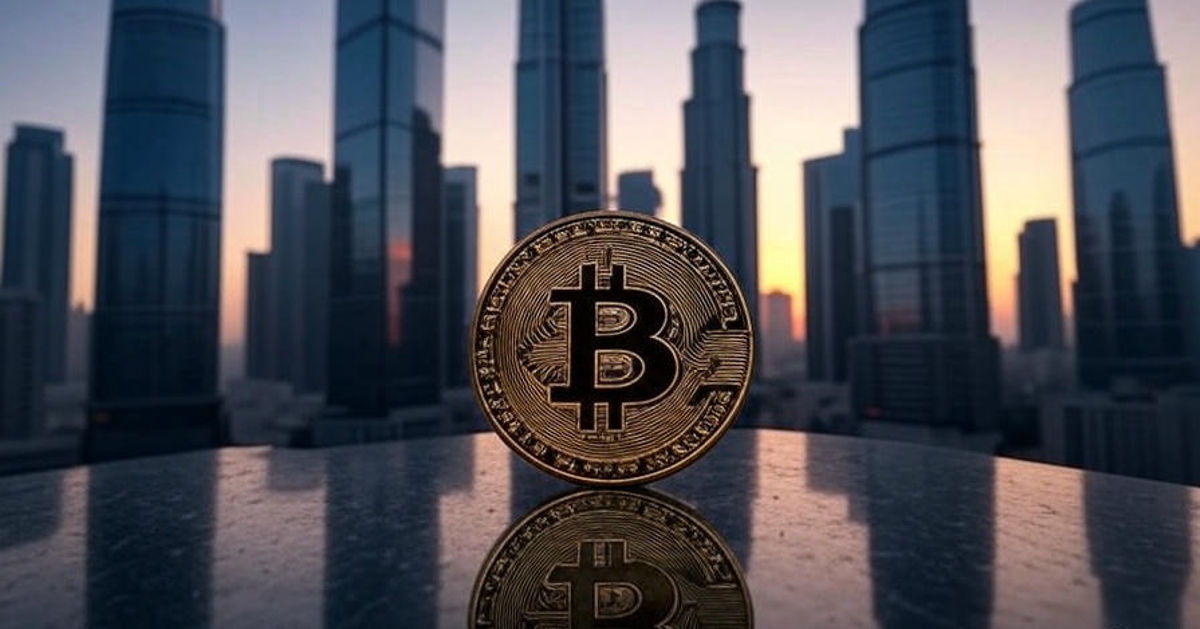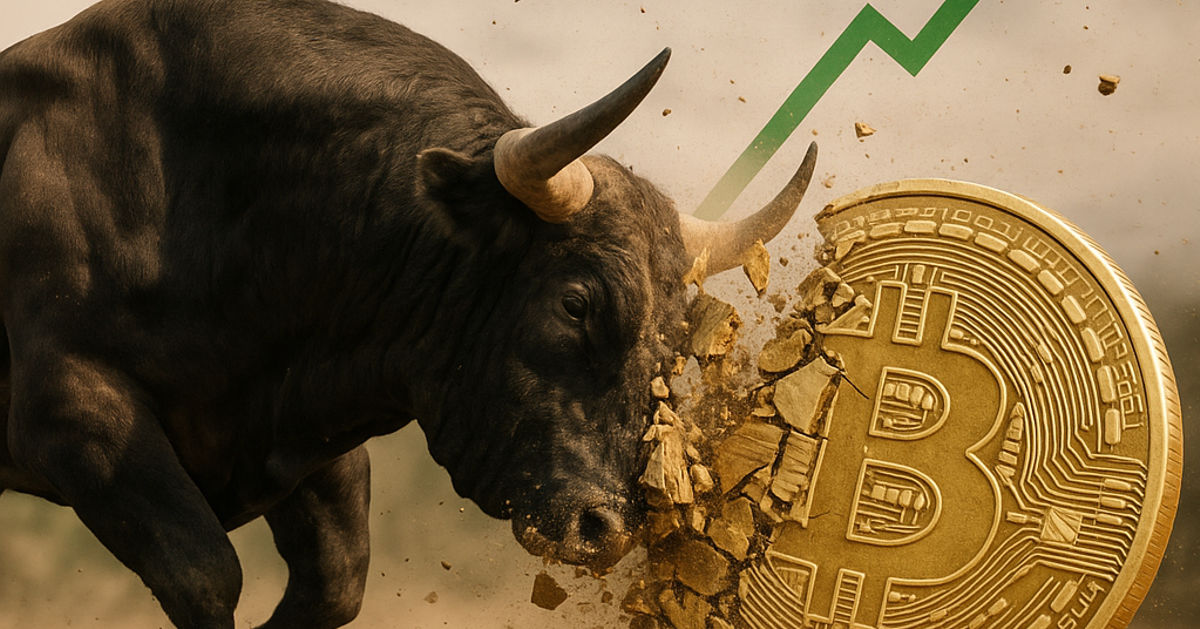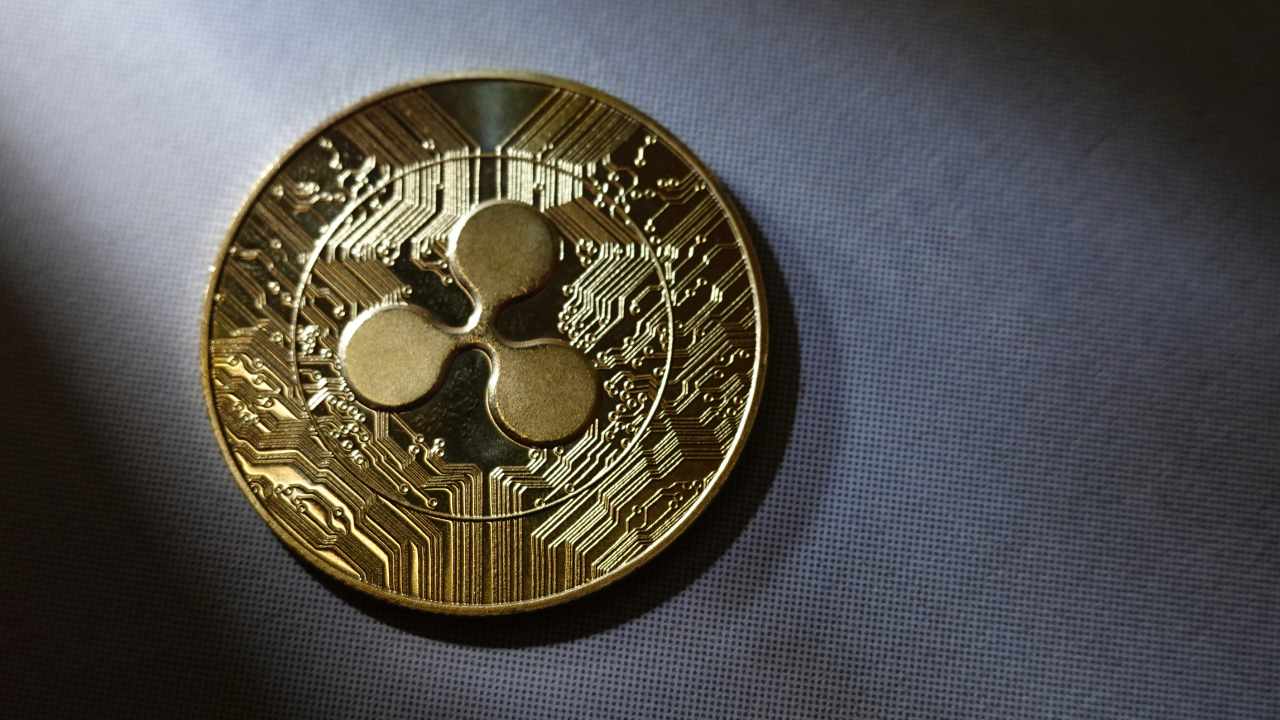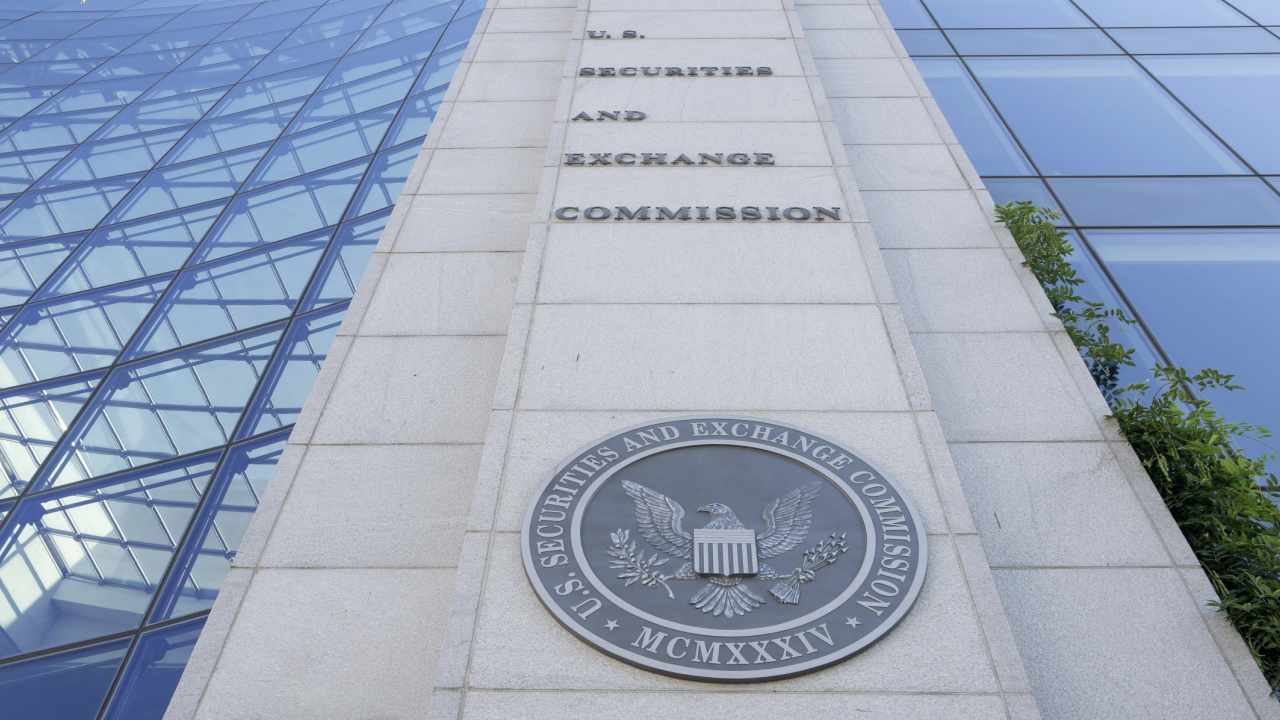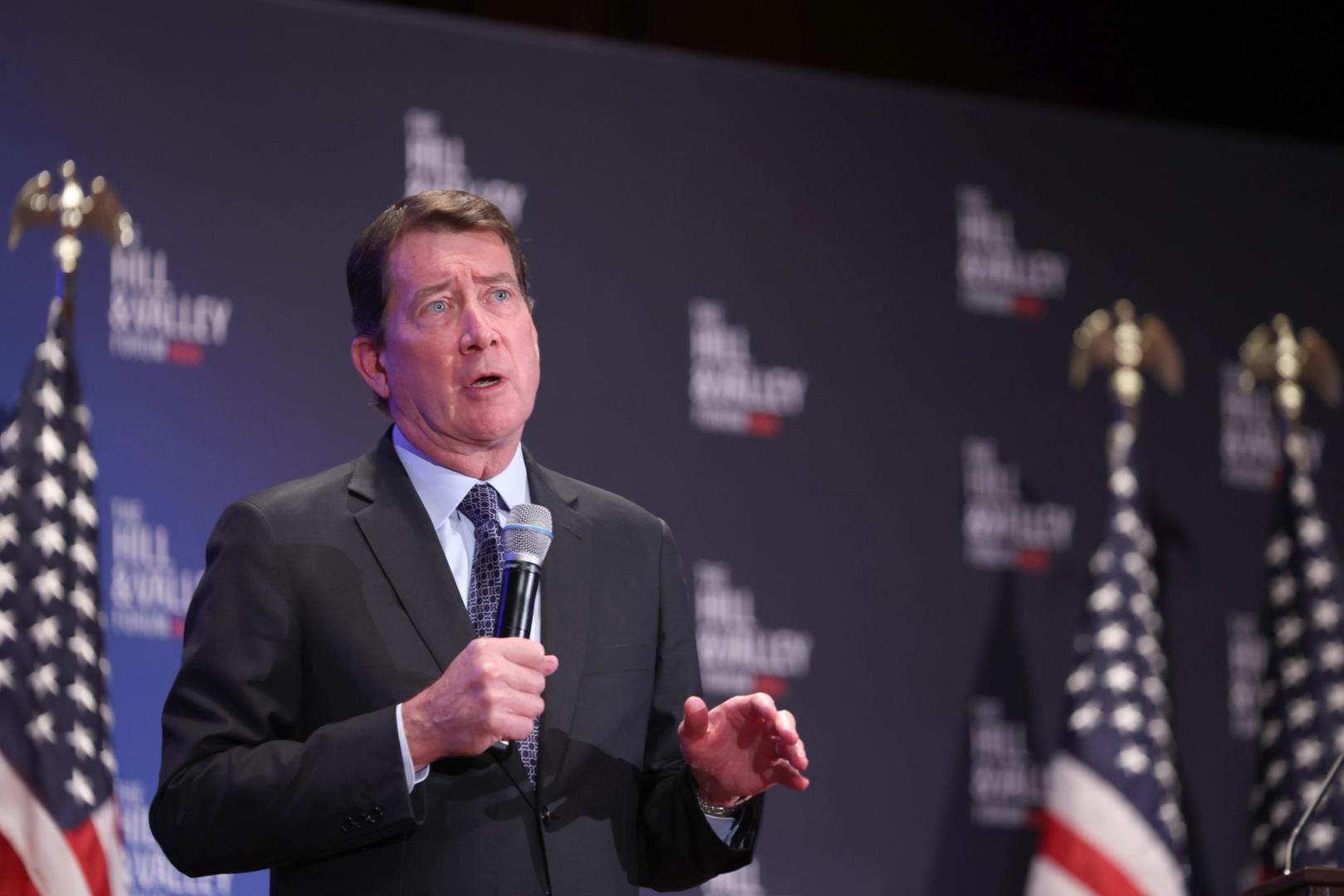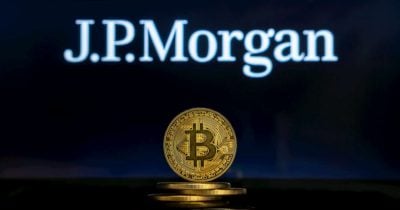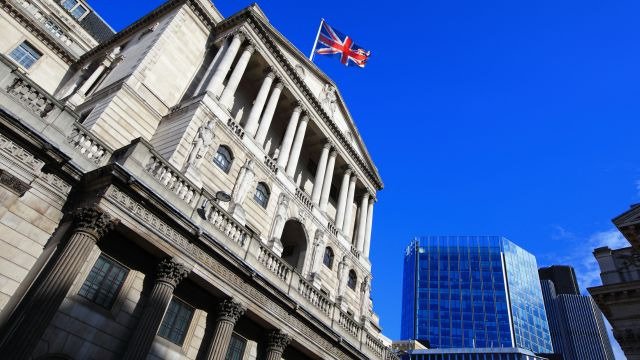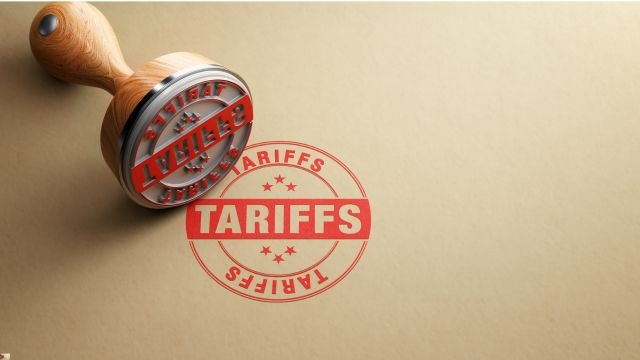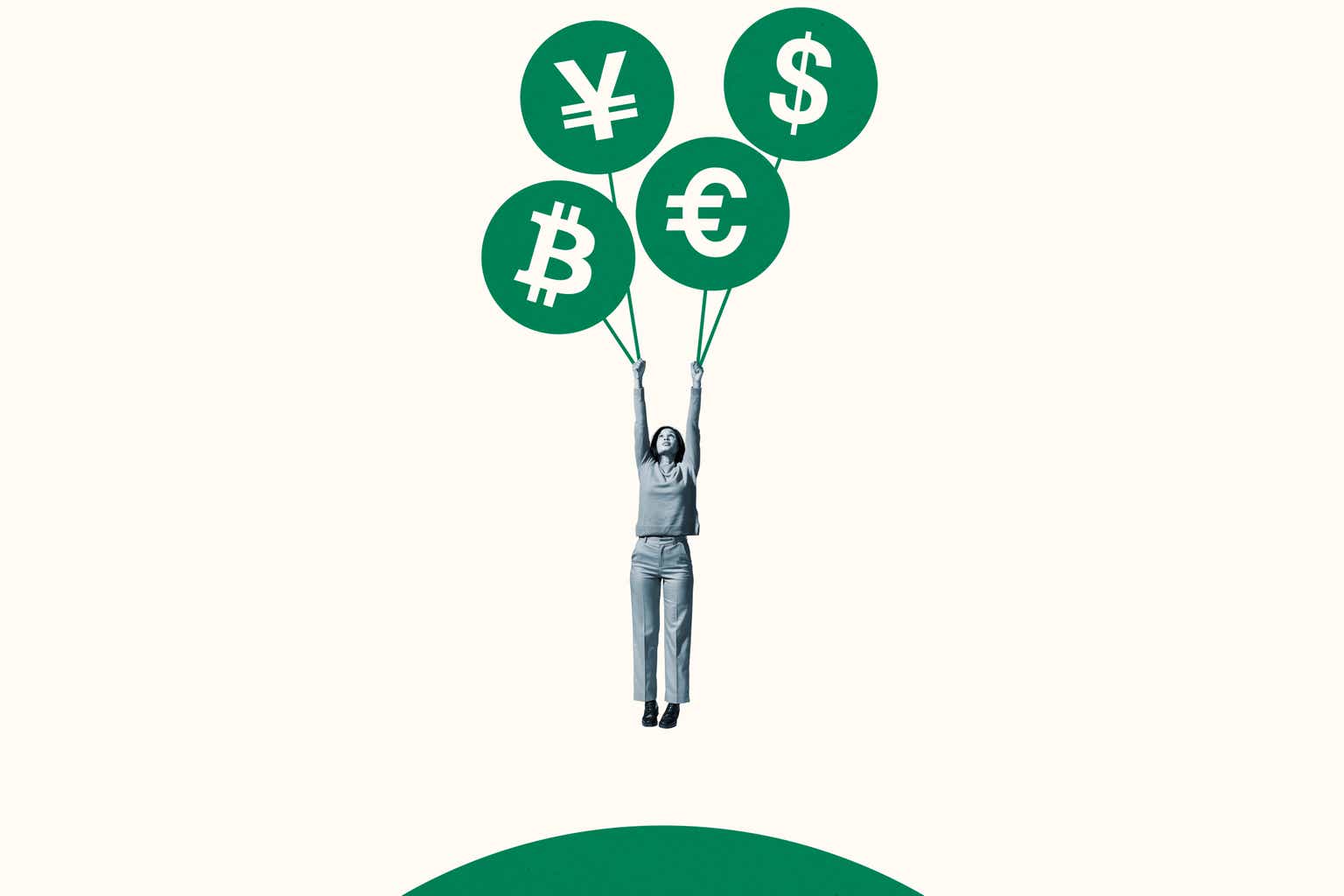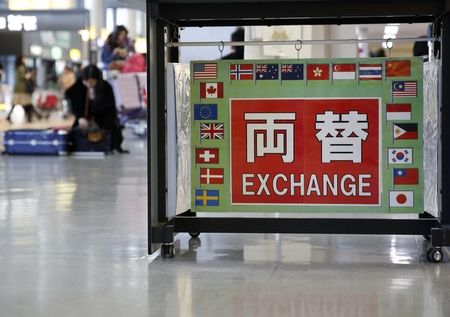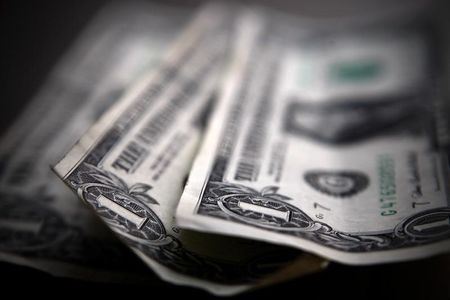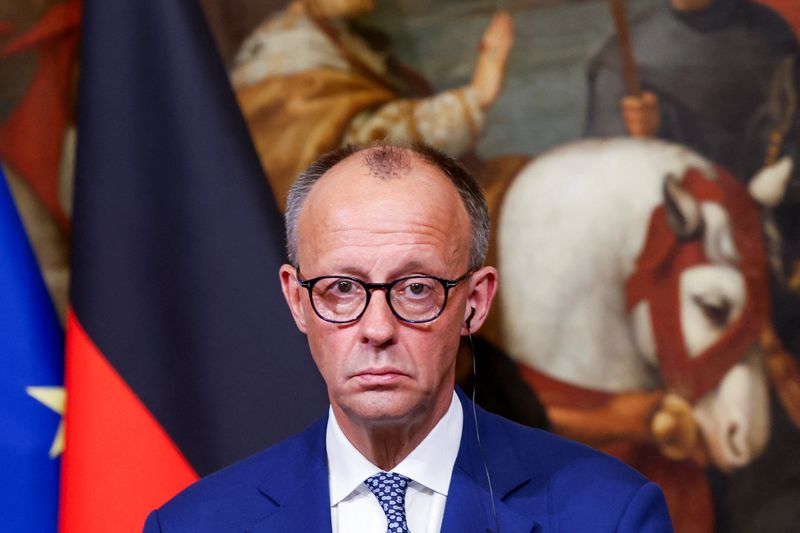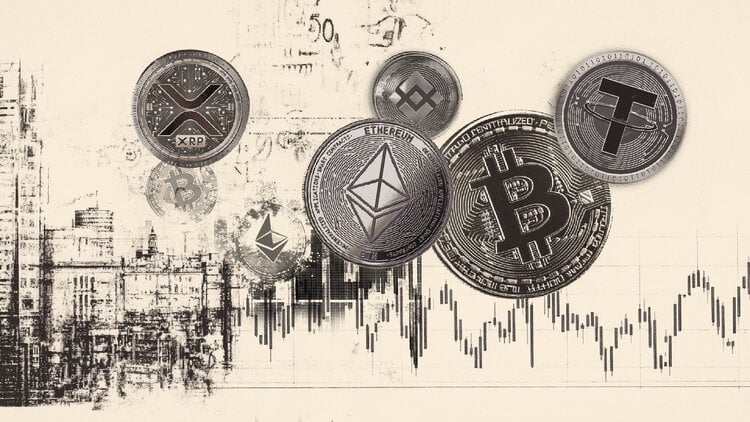Veteran fund manager sends surprising message on the weak dollar
U.S. Dollar weakness may not be all bad news for investors.
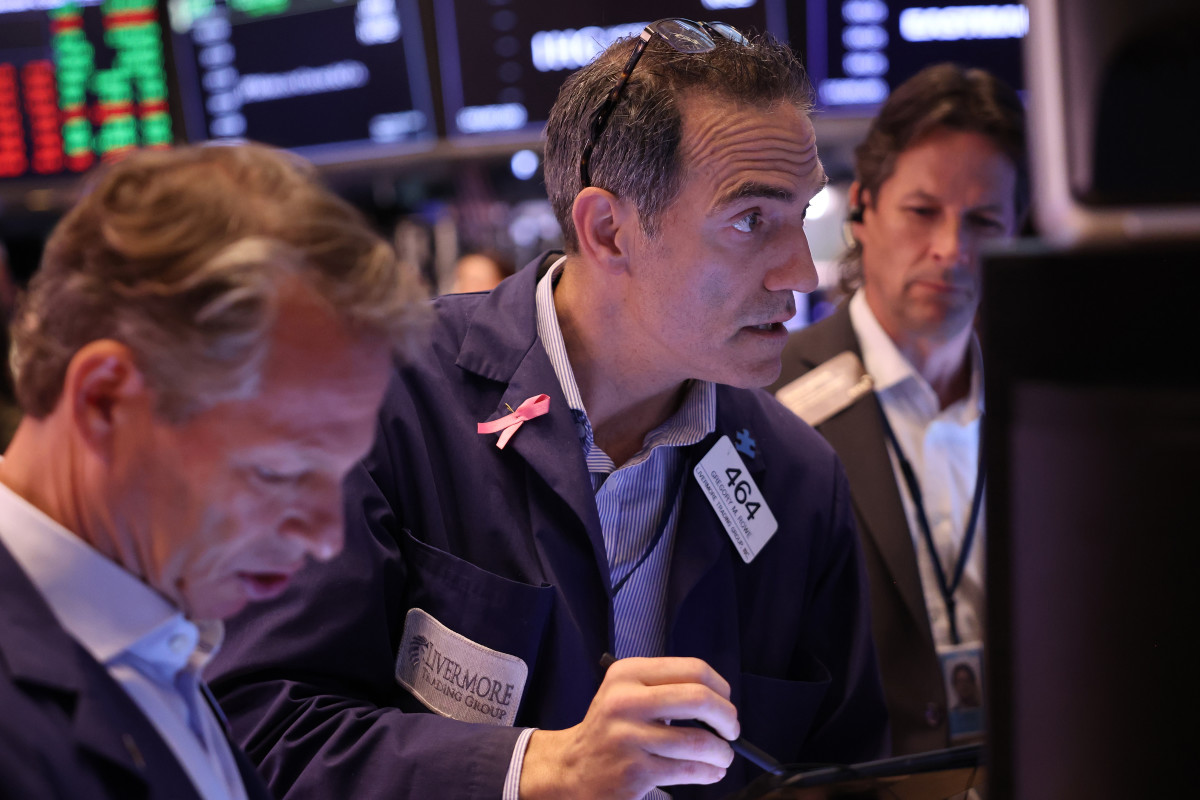
Whipsawed by domestic markets but poorly diversified around the world, American investors are using geopolitical concerns and shifting tariff policies as reasons to ignore emerging markets, even as rising foreign markets have led the world year-to-date.
A leading overseas fund manager says that the weakening dollar has created a multi-decade high for emerging markets currencies, generating a tailwind capable of overcoming any headwinds caused by tariffs.
Related: Secretary Bessent sends message on Walmart price increases due to tariffs
Andrew Foster, chief investment officer at Seafarer Capital Partners, manager of the Seafarer Overseas Growth and Income Fund ( (SFGIX) ), which has $2.9 billion in assets, says emerging markets’ start to the year is anything but a fluke reaction to government policies.
“We had 12 percent growth in emerging-market earnings last year, in 2024,” Foster said in an interview aired May 15 on the “Money Life with Chuck Jaffe” podcast. “We look reasonably on pace for 12 percent again this year, even with tariffs and that sort of back-to-back growth we haven't had at that magnitude in a long time.
Foster knows a thing or two about emerging markets. He founded Seafarer in 2011 and has been tracking emerging countries professionally since 1996.
“We have had our currencies actually strengthening, not weakening versus the dollar,” he added. “Stronger stock profits combined with currencies at least being stable versus the dollar and possibly maybe gaining is a pretty benign backdrop. It's a great place to be as far as backdrops go. It doesn't guarantee that you're going to do well over the next year, but it's a good setup.
“It's like sitting down at a table in Vegas where the odds are tilted in your favor. You want to play that game.”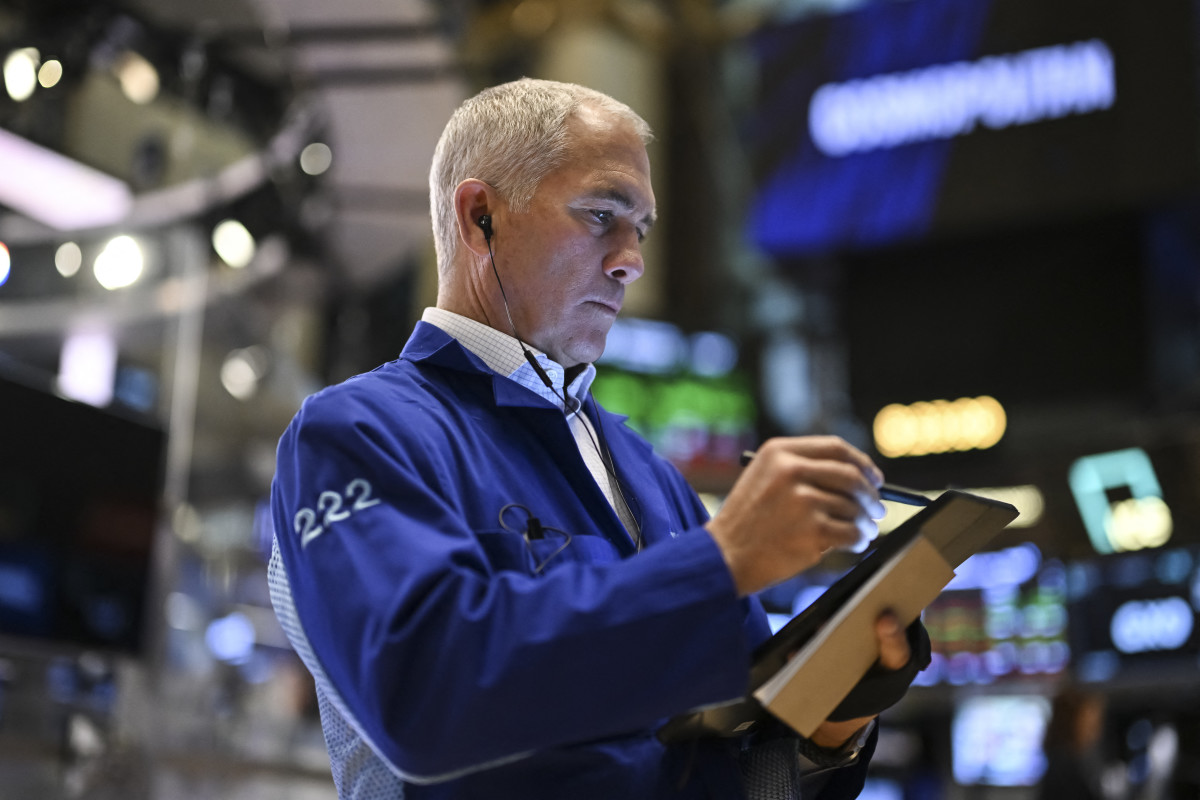
The dollar isn’t king “to a bag of Doritos”
Foster noted that the weakened dollar compared to emerging-market currencies is a godsend, but his description will make domestic-focused investors cringe.
“We hear about the dollar being king, but unfortunately, it's not really king anymore,” Foster said. “It's not king versus gold. … It's not king versus Bitcoin … and it's not King versus a bag of Doritos.
Related: Walmart CEO has a harsh warning for customers
“The inverse of inflation is a weak dollar. It means that the dollar is not strong relative to the stuff that went into that bag of Doritos like, you know, salt, sodium, palm oil, plastic, all that kind of stuff. And if you look at any of those measures, the dollar has been weak.”
That said, Foster makes the case for emerging markets, particularly because they are getting the biggest currency boost.
Foster’s fund, which gets a four-star rating from Morningstar Inc., is up more than 11.5% this year, in the top 20 percent of its emerging markets peer group. Foster is also co-manager of Seafarer Overseas Value, a five-star fund with about $100 million in assets that has gained nearly 16 percent this year.
“I know there's a lot of headlines about what's going on around the world, but the most important thing I focus on is actually the emerging markets are growing again for the first time in a decade,” Foster said. “And so I'm not surprised that folks are starting to wake up to that fact and that stocks are doing better, even with all the headlines about tariffs and other negative issues around the world … if you peer through all that noise and look at the fundamentals, they're getting better.”
Trade war: 'China was prepared for this'
Foster is continuing to invest in China, but is pulling back some in Taiwan this year, noting that the biggest sources of consternation with China are “trade and Taiwan,” the latter being a problem because it “would be the epicenter of any conflict between, the United States and China that was hot.”
Related: Goldman Sachs revamps Fed interest rate cut, recession forecast
He says that current conditions in China are different from when it faced tariffs during President Trump's first administration, noting that it looks to him like foreign governments are adapting.
“China already knew this kind of thing was coming,” he explained. “So its dependency on the United States for exports has been reduced over the last six, seven years. It's not what it was during the first Trump Administration. It's still very important to China -- arguably, the U.S. relationship is the most important one on [China’s] list -- but in terms of order of magnitude, it's nowhere near as big."
More Economic Analysis:
- Fed inflation gauge sets up stagflation risks as tariff policies bite
- U.S. recession risk leaps as GDP shrinks
- Like it or not, the bond market rules all
“China has already found other markets for its exports and is continuing to push even harder on that effort given the lack of certainty with what's happening with tariffs. And I think we're seeing that with other countries at a smaller scale. They're finding other outlets for their goods and not necessarily focusing as much in the United States.”
In the end, however, he expects accords that keep international trade flowing, another reason why investors should have confidence in spreading their money around.
“Diversification is the cheapest form of insurance you can get,” Foster said. “And one important thing for American investors to do at this juncture is to make sure that not everything they've got is based on dollar-based sources of return … Make sure you're thinking about other sources of return in other income, denominated in other currencies.”
Related: Veteran fund manager unveils eye-popping S&P 500 forecast

